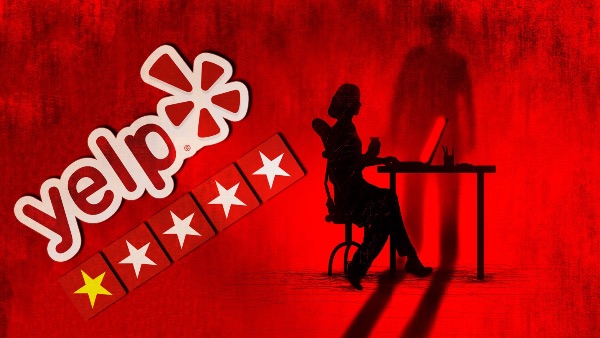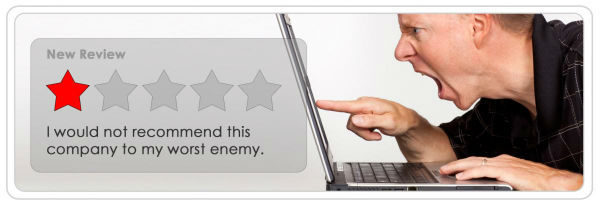One indisputable fact about restaurant people: No matter how many shifts we work, we’re always broke. Most of us pray that there are thirty-one days this month because it gives us one extra day to make rent. We cancel plans with friends, eat ramen noodle for weeks and turn our socks inside out to save on laundry. Restaurant work depletes our psychological, emotional and financial resources, leaving us barren. We bust our ass for every nickel and usually, after years in the business, don’t have a whole hell of a lot in the bank to show for it. Many restaurant jobs can be very lucrative—so where does all the money go? There isn’t only one answer but here are a few of the biggest reasons:
We develop tastes for expensive things we can’t afford – Working in a restaurant deepens our appreciation for fine dining and good food. We’re exposed to delicacies that are way out of our price range like high-end sushi, caviar and truffles. But we still want them. We taste vintage wines and craft cocktails as part of our jobs because it is our responsibility to educate guests. Once you become an expert it’s hard not to think why shouldn’t I have these things for myself when I go out? We spend so much time serving other people that we feel like we deserve it. No matter how broke we are, we’ll always splurge for a luxurious meal.
We spend everything we make on booze after work – Every night of restaurant service causes hospitality workers some degree of PTSD. The sacrifice that goes into effacing ourselves for the edification of others takes a heavy toll. One of the ways we self-medicate is to decompress with alcoholic beverages after the shift—usually more than we need, always more than we can afford. Here’s a free piece of advice: If you’re ever thinking about opening a bar, find a location near a lot of other restaurants. Their staff will keep you in business for years to come.

Someone at work owes us money – Since pretty much everyone who works in a restaurant is broke all the time, invariably someone is asking someone else to borrow money. Family meal is inedible and someone needs ten bucks to get Chipotle. The hostess you have a crush on needs twenty bucks to buy weed. Everyone went out after work and someone didn’t have enough money to pay the bill. Someone will always cover someone else. Because we’re family. One big, broke-ass family who occasionally defaults on their loans.
We’re giant tippers – Restaurant people feel a kinship with each other and one of the ways we show solidarity is by tipping generously. We shouldn’t because we’re broke but we do anyway. We bring cases of craft beer for the kitchen (which we also can’t afford). Even if items are comped off our bill, we insist on leaving the total of what we would’ve paid so the overage can be applied toward gratuity. Industry people will drain their bank accounts for each other. Though the ship is often sinking, we go down together like a band of brothers.
We haven’t paid off culinary/hospitality school – Sadly, we probably never will. Let’s be honest: Minimum wage as a line cook isn’t gonna pay our five-figure debt. It sure as hell isn’t gonna pay for this new Blue Carbon Steel Japanese Santoku knife we just bought either. Even an impoverished line cook understands the value of good cutlery. If we already owe $50K+ in student loans, a $200 knife isn’t going to bring down the ship.
Lucrative restaurant jobs are located in areas with the highest cost of living – When you live in a big city like New York or San Francisco, you can make a boatload of money working in a fine-dining restaurant. Rents are also sky high in these urban areas for shoe-box sized apartments and the prices of common goods and services drain your finances. You may feel like you’re making a lot of money, until you go to the store and squander a full day’s pay buying toiletries.
We never save enough money to pay taxes every year – Declaring income on a tax form at the end of the year is always an adventure when you work in a restaurant. Waiters tips are often not taxed directly leaving a sizable gap between what was withheld and what is owed. Whatever the difference is, we probably drank it away already. The bottom line: If we were that financially savvy, we probably wouldn’t be working in a restaurant in the first place.



